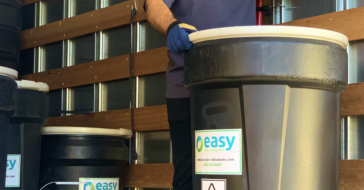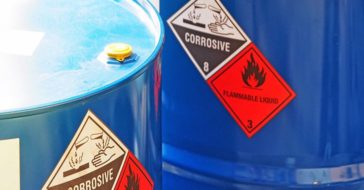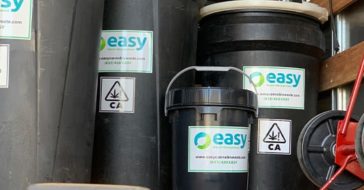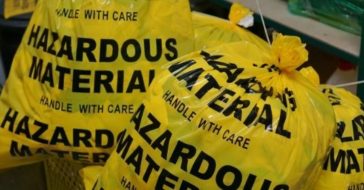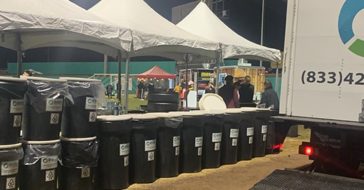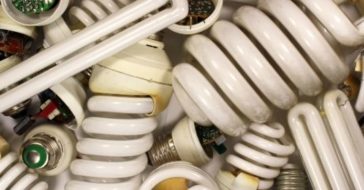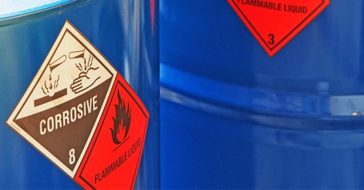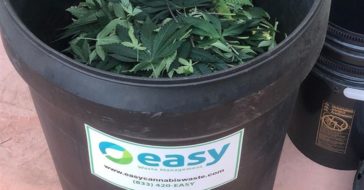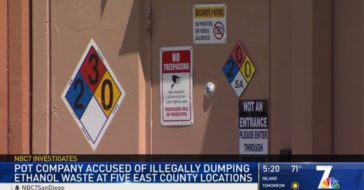When it comes to managing waste streams, businesses have a lot on their plates. One confusing aspect is making sense of the Environmental Protection Agency’s (EPA) terminology and associated handling requirements. One of the broader terms used by the EPA is universal waste. In this article, we unpack the types of universal waste what this classification means for your waste management strategy.
The Main Types of Universal Waste
The EPA’s guidelines on universal waste exist to streamline the rules on handling common forms of solid waste. The Code of Federal Regulations (CFR) outlines four types of universal waste; batteries, pesticides, mercury-containing equipment, and lamps.
-
Batteries
Both non-rechargeable and rechargeable batteries fall under this universal waste category, but there are still a few exceptions to keep in mind. Cells that contain lead, mercury, and cadmium are generally considered hazardous. This includes nickel-cadmium, mercury-oxide batteries, and lead-acid batteries, which are often used in cars.
Your run of the mill alkaline and dry cell zinc-carbon batteries usually don’t contain enough hazardous elements to fall under this category. However, you can manage these as universal waste batteries, which helps keep these materials out of solid waste landfills and in more appropriate disposal facilities.
-
Pesticides
Usually, pesticides are considered hazardous waste. However, those that have been suspended or recalled in waste pesticide programs or under the Federal Insecticide, Fungicide, and Rodenticide Act (FIFRA) can be managed as universal waste.
-
Mercury-Containing Equipment
Any electronics or items in which elemental mercury is integral to the device’s function fall within this category. Since batteries and lamps are outlined as separate types of universal waste, these categories are exempt from this classification. Most often, these guidelines apply to thermostats, thermometers, barometers, and special types of regulators and meters.
If the mercury-containing elements are removed, or the mercury-containing equipment is not classified as hazardous waste, then it may be exempt from this category.
-
Lamps
Per the EPA, a lamp is the bulb or tube portion of an electric lighting device. Although fluorescent light bulbs are the most common waste in this classification, it includes lamps with other hazardous characteristics. This category comprises neon, high pressure sodium, metal halide, high intensity discharge, and more.
Universal Waste in California
Most states adopt the full federal universal waste programs. However, they’re also permitted to add common materials to regulate through state-specific regulations. In California, aerosol cans and electronics are included in the program and, therefore, must meet universal waste regulations.
What’s the Difference Between Hazardous Waste and Universal Waste?
Universal waste is, by definition, a category of hazardous waste. Because these types of waste are so commonly created, the EPA’s regulations exist to encourage proper disposal, collection, and recycling and streamline these processes. For the most part, universal waste handlers can store these types of waste for up to a year and don’t have to ship it with a manifest. Additionally, the universal waste that you create doesn’t impact where you fall as a hazardous waste generator.
Making sense of hazardous waste regulations can be confusing, but Easy Waste Management is here to help. In addition to our cannabis waste services, we provide comprehensive universal waste management in the greater Los Angeles, CA area. Request a free consultation today to start processing your universal waste reliably, compliantly, and with the environment in mind.























